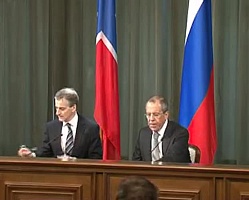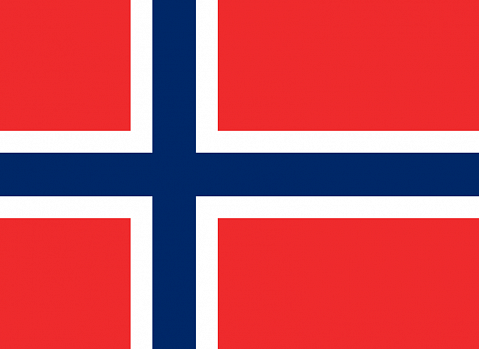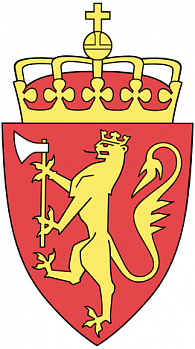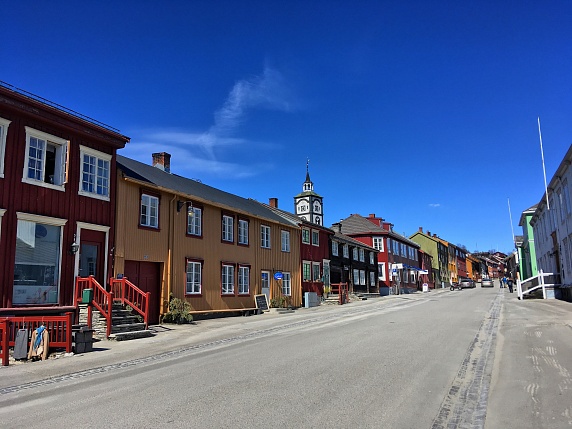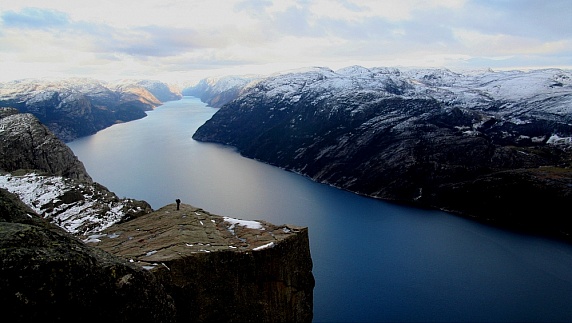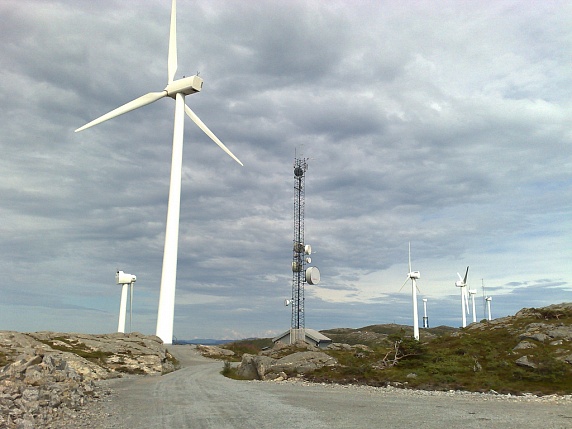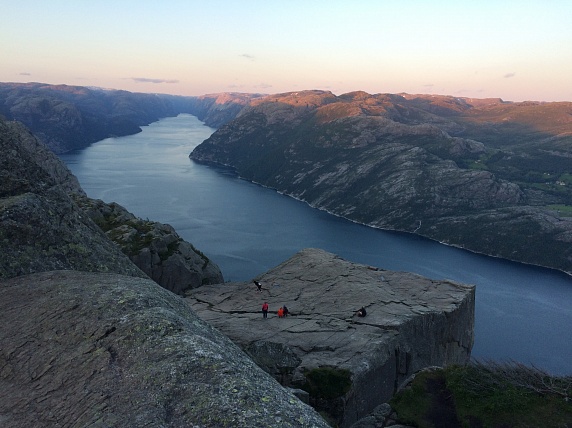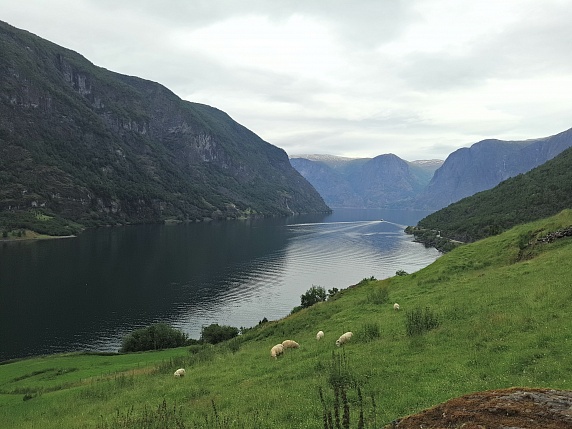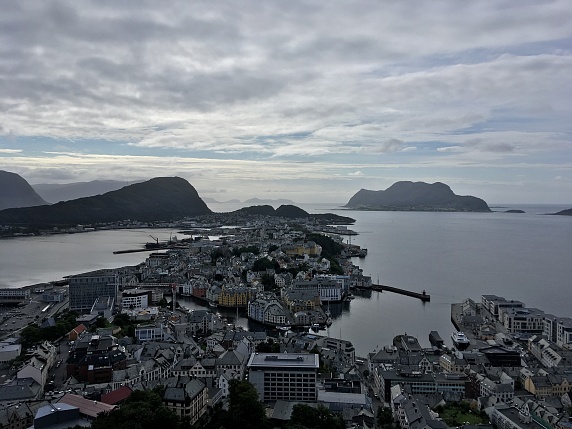 Королевство Норвегия
Королевство Норвегия
Transcript of Remarks and Response to Media Questions by Russian Minister of Foreign Affairs Sergey Lavrov at Joint Press Conference Following Talks with Norwegian Minister of Foreign Affairs Jonas Gahr Store, Moscow, February 3, 2010
Esteemed Colleagues,
Today, we with the Norwegian partners had very informative and useful talks, focusing on the discussion of our bilateral cooperation in the context of preparations for the visit of Russian President Dmitry Medvedev to Norway, which is scheduled soon. We have already identified the agreed priorities of our interaction that include bilateral cooperation, good neighborliness and strengthening of our relations, collaboration in the North, and the implementation of large-scale joint projects. We actively support the cooperation between our companies in the energy sector, high technology, research, etc. We consider this interaction an important contribution to the objectives of modernization of Russia's economy, its transfer on to the innovative path of development.
Russia positively assesses the active work of the Russian-Norwegian Intergovernmental Commission on Economic, Industrial and Scientific-Technical Cooperation, the next session of which will take place this spring. We also devoted considerable attention to the expansion of our juridical base. More than a dozen draft agreements are in the works, and we look forward to their completion in the near future.
We note the active work of the Russian-Norwegian Joint Fisheries Commission, particularly on the solution of practical issues arising in this area. The Commission recently reached a seemingly technical, but very important decision to establish a uniform minimum mesh size of bottom trawls. This is an important step in the harmonization of fisheries management measures. It has already produced results, since the number of incidents associated with the different standards applied by Russia and Norway in this regard has significantly decreased. In general, our cooperation in the fishing industry is a successful example of conservation of biological resources and maintenance of a balance in nature.
Our countries are vigorously interacting and have outlined new plans for cooperation in the areas of ecology, nuclear and radiation safety, and the development of cross-border cooperation. We reviewed the work on the delimitation of marine spaces in the Barents Sea and Arctic Ocean. Russia is making efforts to ensure that these negotiations, successfully moving forward, are completed on a basis of reciprocal consent and consideration of mutual interests. After all, we have rich experience and good prospects for cooperation in the Arctic. We reaffirm our responsibility as members of the Arctic Council and as Arctic coastal states for development of the region. Therefore, we will follow the decisions taken at the first meeting of the five Arctic powers in Ilulissat in May 2008. Their second meeting is scheduled for this year. It is encouraging that Russia and Norway take a common approach towards it.
Both sides agreed to continue their interaction in the Arctic Council, and other formats of regional cooperation, primarily in the Barents Euro-Arctic Council and Council of the Baltic Sea States. We are engaged in a traditionally trustful and meaningful dialogue on the international agenda, including on deepening cooperation between Russia and NATO. We also exchange views in a mutually beneficial manner on how each of our countries is developing its partnership with the European Union. In the context of resolving international crises, we traditionally cooperate with the Norwegians with regard to the Middle East peace process, on the situation in Afghanistan and other crisis conflicts, which, unfortunately, still remain and do not improve the atmosphere of international cooperation. I am very pleased with this round of talks with my counterpart, and thank him for his cooperation.
Question: Doubts have arisen about the economic expediency of the Shtokman Project recently. How do you assess its development? Could the delay in implementing the project affect the cooperation between the two countries, in particular, in oil and gas production in the Arctic?
Lavrov: I do not think that the foreign ministers should take decisions on the implementation of the Shtokman, or any other energy, as well as any economic project. This project is commercial, involving the relevant energy companies, including those from Russia and Norway. They must take the decision, and calculate the economics of the project, understanding how sensible it is to start it within a certain time. This is a purely commercial, economic decision which the companies themselves should take.
With regard to Russian-Norwegian cooperation in the energy sphere, it is not limited to the Shtokman Project. It is quite diverse, which we discussed today. This is not only the joint development of resources in the territory of Russia and other countries. It is fundamentally systemic things relating to energy conservation, energy efficiency, and new energy sources. Such cooperation will undoubtedly develop under any circumstances.
Question: How can the Foreign Ministry comment on the remarks of the Polish and Swedish foreign ministers that the US and Russia should reduce the quantity of nuclear weapons stationed on the borders with the European Union or on its territory?
Lavrov: You probably mean the joint article of Sweden's Foreign Minister Carl Bildt and Poland's Radoslaw Sikorski. I know about this article. I would make two comments here.
First, literally in the last few weeks I participated in the events which were attended by my colleagues from Sweden and Poland. In the regular contacts that take place between the foreign ministers of Russia and these countries, as well as between the ministries of foreign affairs, the topic was not touched on. Hence the conclusion that if they chose to express this idea not in direct contacts with us, but from the pages of a newspaper, then I suppose they pursued a goal that does not quite meet the task of solving a particular issue. This is the first comment.
Secondly, the issues raised in the article largely concern tactical nuclear weapons. For many, many years now, we have been calling for taking the first step in this regard. Namely – removing all tactical nuclear weapons to the territory of the state to which they belong. We've been unable to reach out to our partners in order to even begin to talk about it. Our position is well known and, I repeat, we are open to dialogue on any issue, yet certainly not through the media, but directly.
Question: As you know, Mahmoud Ahmadinejad has declared his readiness to accept the proposal of the IAEA on the upgrading of Iranian uranium in Russia. In your opinion, does that mean a change in the official position of Iran, which had earlier turned down this plan, or is it that Tehran in the negotiating process of the six nations tries to get some new conditions of the deal?
Lavrov: Now we want to clarify this information, because the agreement in principle, although preliminary, was reached back in October last year. The scheme, which the IAEA offered, provided for additional enrichment of Iran's low-enriched uranium to the necessary condition in Russia with the subsequent production of fuel rods in France and further supply of ready fuel for the Tehran research reactor. Unfortunately, the Iranian side did not confirm that preliminary agreement. Iran began to put forward alternative ideas that found no support in the IAEA and behind which were not the interests of a technological solution to the question but some distrust on the part of our Iranian partners. We were surprised. If Iran is ready to return to the previously agreed scheme, we would only welcome it.
Question: On Monday the US State Department criticized Russian authorities for the detention of peaceful demonstrators last weekend. How do you view the fact of such a statement from the United States?
Lavrov: I want to say that we are open to dialogue on human rights with any partner. We believe that in this area there can be no closed themes. It is an international obligation of all states, especially states which are part of the OSCE, and also of all UN members. The main thing is that this dialogue should be in good faith and conducted on a basis of reciprocity in order to really help solve certain specific problems and not come up with purely political statements.
It was in this concrete, business-like and keen spirit that Jonas Gahr Store and I today also discussed the issues which he has now mentioned, in particular, the problems that appeared for the representatives of a number of Norwegian non-governmental organizations with their visit to Russia. Preliminarily we dealt with these matters. It was found that at least some of these representatives of the Norwegian NGOs visited Russia indicating their purpose of visit as tourism. In fact, they were engaged in holding public events. It is unclear why it was impossible to specify this when applying for visas. Then, at least, there would have been no difficulties. I've promised my Norwegian colleague that we shall additionally sort this matter out and give a concrete answer.
In turn, we also raised a number of issues that we care about. This does not apply to Norway, which has indeed a very good track record in human rights protection. We are concerned about the problems in some countries with which Norway has a good relationship. I mean, of course, the Baltic countries. The situation of the Russian-speaking population in these countries is not improving. The presence in modern civilized Europe of countries with a huge group of people (relative to the total population) characterized by the term of noncitizenship is certainly an anomaly. We hope that Norway, in its bilateral contacts and through participation in the activities of the OSCE, as well as the relevant structures of the Council of Europe will, nevertheless, assist in solving this problem.
As for the United States, I will repeat. If on one occasion, which you mentioned, a statement of the State Department is issued, and in relation to the bestowal of the title of Hero of Ukraine on Stepan Bandera the State Department is shamefacedly silent, then I think this is a manifestation of double standards. This is wrong.
February 3, 2010
